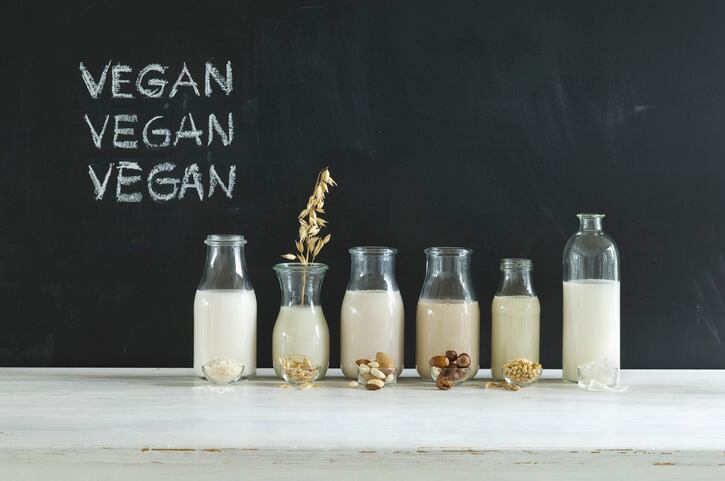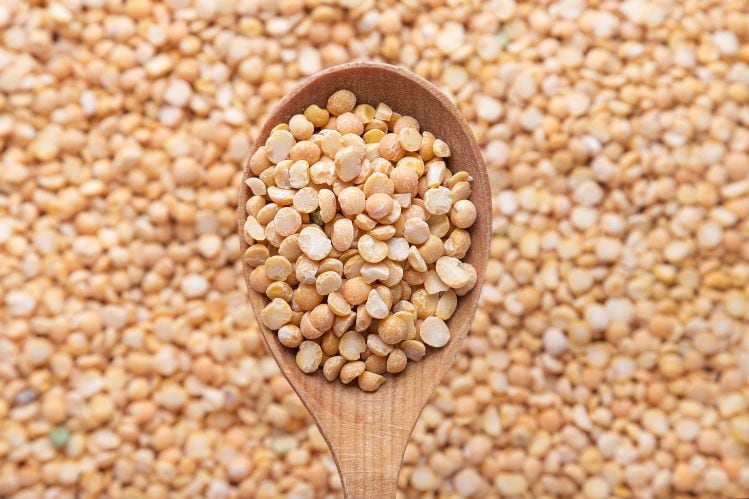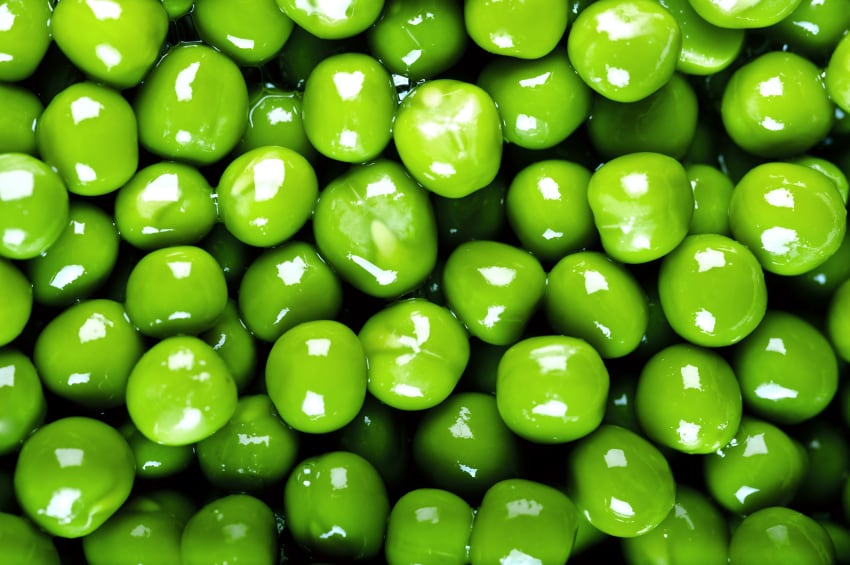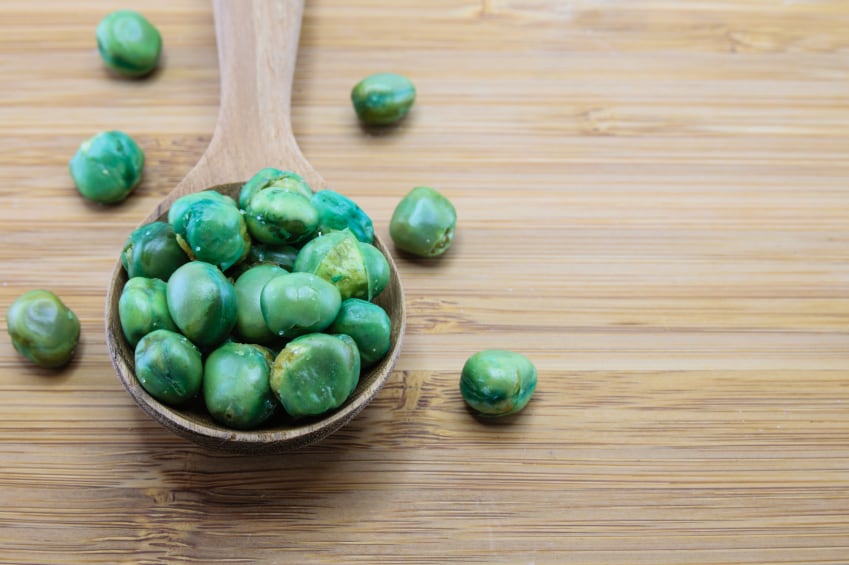“Pea protein is still a young product – a teenager at beginning of its development – so there is still a lot to discover,” Pascal Leroy, head of Roquette's pea and new proteins business, told FoodNavigator. “We’re still at the beginning of a journey and there is a lot to create together with manufacturers. Soy is 70 years old [but] people have only been using pea protein for the last 5 to 10 years.”
In order to inspire customers, Roquette held a culinary event in Paris last month where the chef Eric Trochon cooked up a three-course meal, each course based on pea protein, and hosted workshops using the ingredient to make plant-based milk and meat.
The French company, which manufactures pea protein in Vic-sur-Aisne, near Paris, has several protein products in its Nutralys range with different functionalities and various particle sizes that it says makes them distinct from other pea proteins on the market.
Pea protein as an ingredient has long been held back by taste issues, as pea protein isolate has a bitter aftertaste, meaning manufacturers need to mask the unwanted flavours with other additives or suppliers need to develop technologies to strip the after notes out of the isolate.
Roquette, which has around 40 patents related to pea processing under its belt, uses a water-based process to deal with the off-taste issues.
“Our proteins are stable, have a neutral taste and are easy to formulate with – that’s really all the features [manufacturers] need."
However, there are others areas for further ingredient development, he added. “For sure, there are always new proposals to offer – a higher protein content, more solubility or even easier incorporation. We have lots of ideas that we are currently working on and they are going to help our customers to go beyond what they know already.”
“You can use pea protein in snacks, soups, bars, beverages and in clinical nutrition, senior nutrition – the potential for this ingredient is huge. We have nice surprises on a regular basis coming from new product development.”
Pea plant milks
Asked to pinpoint one food or beverage category that has particular pea protein potential, Leroy said plant-based milks.
“It’s a big market, and there’s more innovation to come.”
Innova Market Insights predicted back in 2017 that the market for dairy alternative drinks would reach $16.3 billion globally in 2018 – more than doubling its size since 2010.
Its director of innovation, Lu Ann Williams, said manufacturers were increasing the variety of non-soy, plant-based alternatives in an effort to offer consumers something new, and namechecked nuts, rice, oats, barley, hemp and flaxseed as possible contenders.
Roquette believes pea also has a place in this increasingly jostled space. “You can already see some actors advertising pea milk as a nutritious, plant-based milk,” Leroy said.
But does pea have the same indulgent, creamy taste profile that consumers associate with almond, coconut or soy?
“There are different ingredients that can be used [for plant-based milks] and pea is one,” said Leroy. “They all have their benefits and sometimes you need a couple of them to achieve the result consumers want but we see it as a nice evolution.
“One advantage with pea is you can have a high degree of solubility so the protein content is high. It’s a good option for customers wanting a high level of protein although I wouldn’t say it’s just for sports nutrition.”
Opportunities for growth
According to data from Euromonitor International, the market for plant-based products in Europe alone is valued at €970 million with an average 7% annual growth rate.
Meeting this demand will be one of Roquette’s top concerns going forward into 2019.
“Today the market is growing fast so one of our main challenges is to be sure we can support that market growth,” Leroy said. “That is the reason why we invested €40 million in our plant in France to increase output. It’s also why we have invested Canada to secure the progress of the company there [Roquette invested $300m to build the world’s biggest pea protein plant in Manitoba, Canada, set to open this year].”
Leroy added that Roquette was looking “beyond pea” and will be investing in other ingredients, with further details to be announced later this year.
Last year, however, saw it ink a major deal on pea protein with Israeli seed breeding company Equinom, which will see it develop high protein yellow pea. “It’s a work in progress,” Leroy said. “We only announced it a few months ago and a few milestones have been reached already but nothing can be announced yet.”




